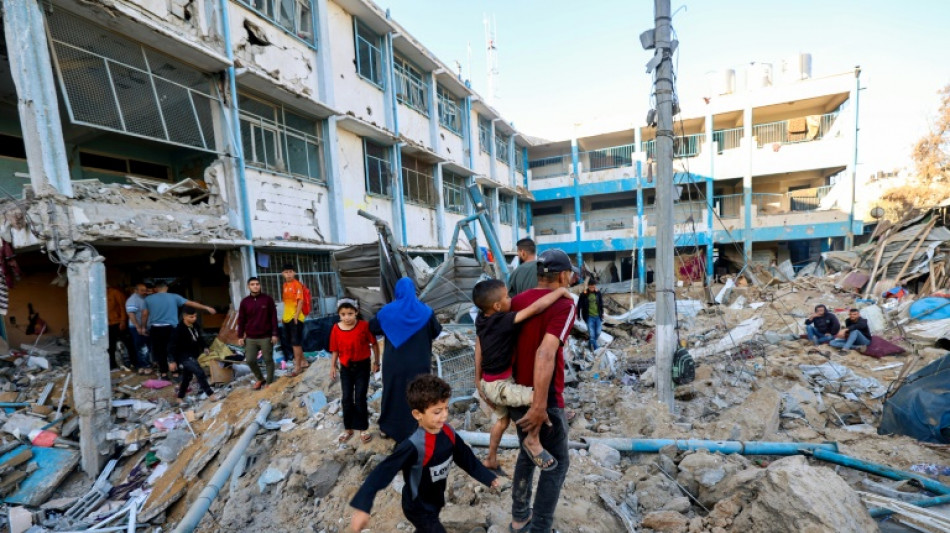
Israel's Gaza plan 'dangerous moment' for civilians: UN official

The UN's human rights chief told AFP Wednesday that Israel's plan for an expanded offensive in the Gaza Strip represented "a very dangerous moment" for civilians there.
"What we see is only more destruction, more hatred, more dehumanisation," said Volker Turk, the United Nations High Commissioner for Human Rights, during a visit to Copenhagen for a UN meeting.
"It's a very dangerous moment for civilians," he added, criticising the Israeli plan for an expanded offensive in the Gaza Strip.
On Monday, Israel announced an expanded military campaign, which an Israeli official said would entail the "conquest" of the Palestinian territory.
On Tuesday, Israel's Finance Minister Bezalel Smotrich said this meant that the Gaza Strip would be "entirely destroyed".
Several countries and world leaders have already condemned the plan, and Turk said the parties needed to "come to a place of reason and peace, and not just of continuous fighting and war".
The war needed to end, he said, there needed to be a ceasefire, a political solution with all the hostages "released unconditionally and immediately".
The Palestinian Islamist organisation Hamas has said that ceasefire talks are pointless at this stage.
The blockade imposed by Israel on the Gaza Strip "needs to be lifted immediately", said Turk.
"Humanitarian assistance needs to come in. That's an obligation, that's an obligation under international law," he added.
Turk argued that the current situation worldwide underlined the need to reaffirm the principles of international cooperation. The UN Security Council "is not functioning well" to address "the big crisis of our time", he added.
"With what is happening at the moment, in this current geopolitical moment, it is all the more important to come back to the principles, the values, to the norms, to the institutions, because they have served humanity well for 80 years," said Turk.
"And if we lose them, we lose a lot of what has been actually possible by way of progress, human progress, development, and also when it comes to humanitarian action and human rights," he added.
He hoped "that the world comes together again, shows the political leadership... including the most powerful countries around the world, that they act in favour of peace and not in favour of war".
A.M.James--TNT